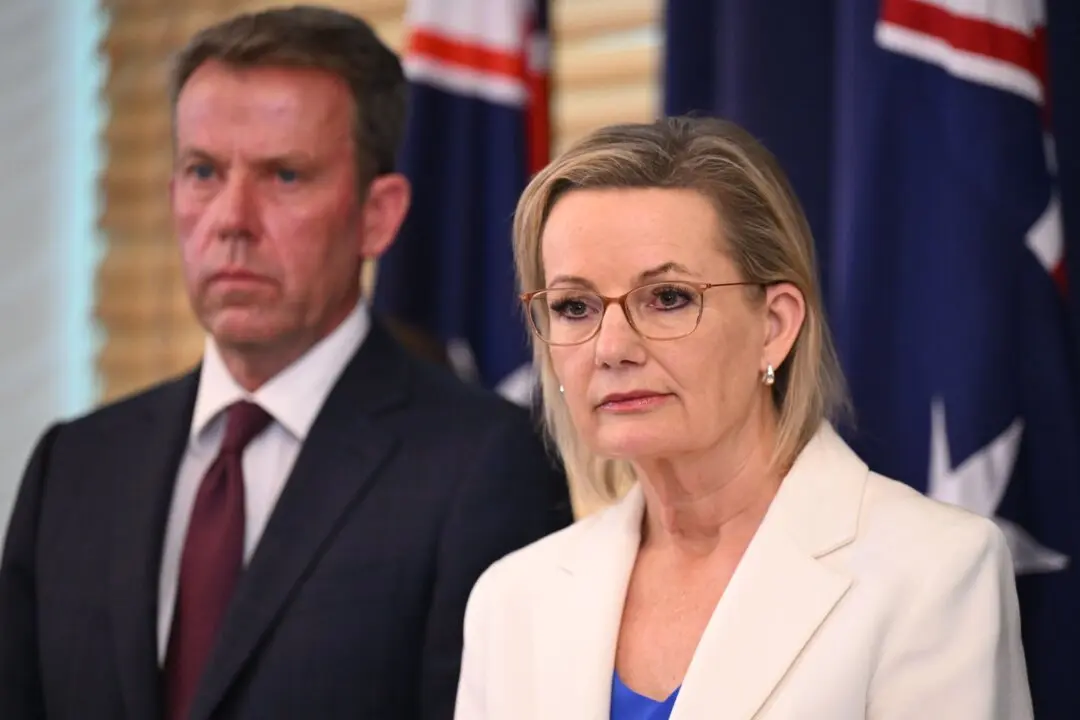The Israel Foreign Ministry has welcomed the delivery of the toughest laws Australia has ever had against hate crimes.
The Criminal Code Amendment (Hate Crimes) Bill 2024 will introduce mandatory minimum jail sentences of one year for offences including displaying Nazi or terrorist symbols, three years for financing terrorism, and six years for other terrorism offences.





